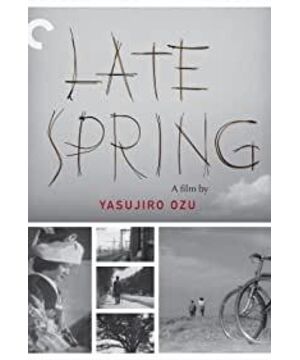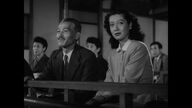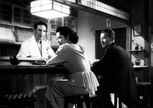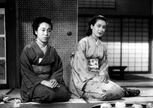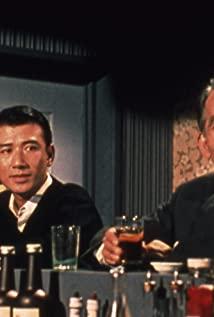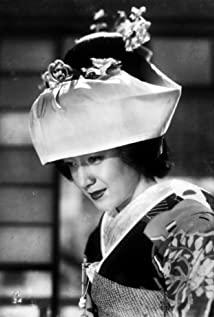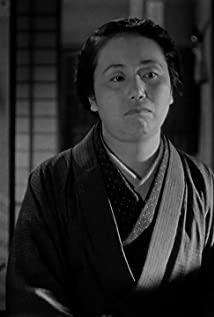late spring
Different from the grand narrative, Ozu is keen to carry out nuanced analysis of post-war Japanese society, especially family society. From this point of view, he seems to be talking about the past of his neighbors, and he can't help but let us sigh and sigh about life. change.
The subject of marrying a girl is a topic Ozu is keen on. In the late spring, the heroine has passed the traditional marriage age, and the only relative, the old father, is deeply worried about this. The old father's sister keeps playing matchmaking for the heroine, and finally settled on a Kumataro, but will our heroine agree to this? As an indirect factor, the father pushed the heroine to answer. The father's body and bones gradually became unhealthy and could not take good care of himself. The heroine often used this as an excuse to maintain the happiness that he could grasp now, but not I would like to think about the unknown life and take my own step. However, probably on the one hand, I have the understanding after marriage, lost my job, lost my independence and lost my free life, but if you want to give up these, you need the one that the heroine loves. When the heroine finds out who she rides a bicycle with Already engaged, how do you feel when you walk on the road. That is, it is difficult to fulfill one's wish, and whether or not you have to make the choice of marriage contract.
Life is a choice that is constantly coerced by age. The heroine made her own choice. A lot of confession shots were used in the dialogue with my father. The director has a good control over this degree, and he can always stop it in moderation, but the ambiguity in it makes us perceive through the screen. There is a saying that the heroine has a serious Electra complex, and I personally disagree with it. It is this lens language that conveys ambiguous meaning and makes it not a position. The father finally stated in the tavern that he just lied to his daughter and that he would live alone in the future. Why can this lie be separated? The social concept at that time was not friendly to remarriage, and the heroine also felt that the man who remarried was dirty. But when he saw that his uncle's family was remarried and reorganized but harmonious and happy, his conception changed. The hostility to her father's object that was revealed before while watching Noh dramas is the heroine's inability to control herself when faced with a major life decision. She can only watch the object, she doesn't know what to say, or what to say what. It should not only be seen as a threat and replacement of one's own status.
Maybe such a heroine is cute.
View more about Late Spring reviews


